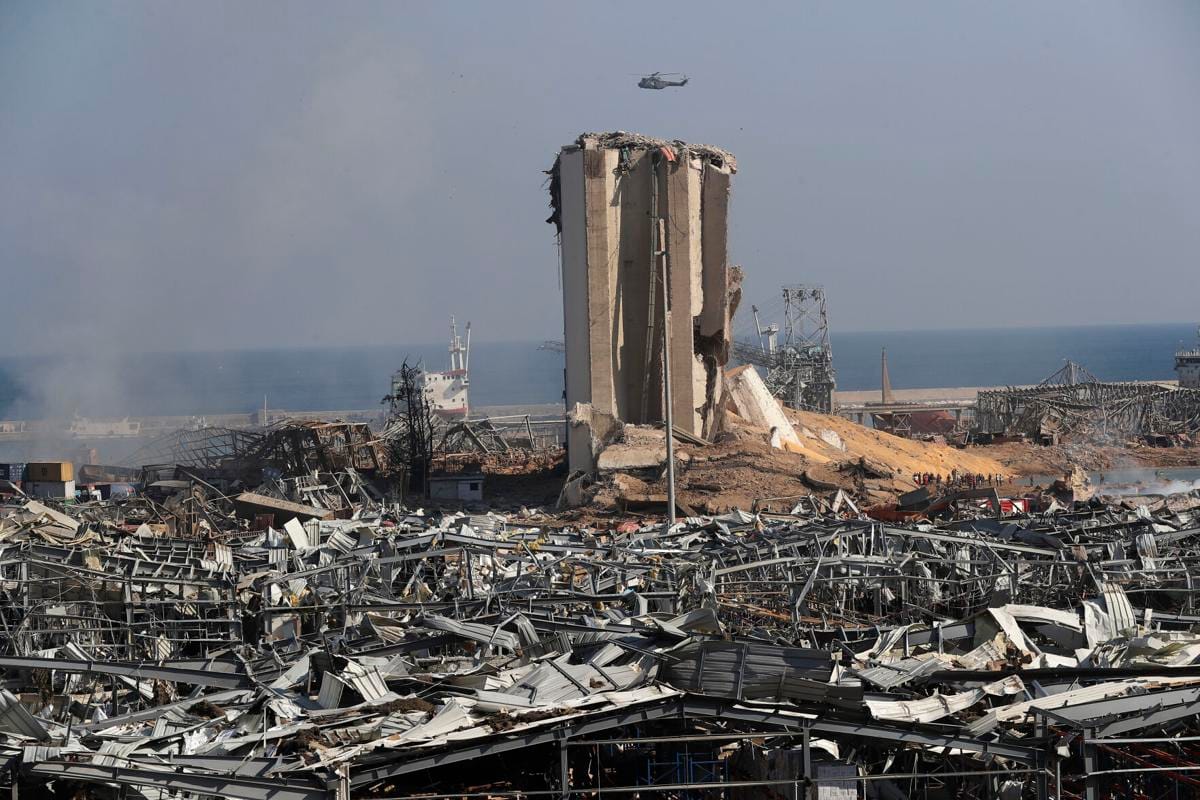The situation in Gaza has reached a critical juncture as Israeli officials express their anticipation of a response from Hamas concerning the final draft of a proposed agreement. This draft, which has been the result of extensive negotiations over the past several weeks, aims to address the myriad issues affecting the region, including humanitarian concerns, security arrangements, and the long-term prospects for peace.
The negotiations have been characterized by a complex interplay of interests, with various stakeholders involved in the discussions. Israeli officials have emphasized the importance of reaching a comprehensive agreement that not only addresses immediate concerns but also lays the groundwork for a sustainable resolution to the ongoing conflict. The draft agreement reportedly includes provisions for humanitarian aid, reconstruction efforts in Gaza, and measures to ensure security for both Israeli citizens and Palestinian residents.
Hamas, the governing authority in Gaza, has been under significant pressure to respond to the draft. The organization faces internal and external challenges, including the need to maintain its political legitimacy while addressing the dire humanitarian situation in the territory. The response from Hamas is expected to reflect a balance between these competing pressures, as the group navigates its position in the broader context of Palestinian politics and its relationship with Israel.
International observers are closely monitoring the situation, recognizing that the outcome of these negotiations could have far-reaching implications. A successful agreement could pave the way for improved conditions in Gaza, potentially alleviating the suffering of its residents and fostering a more stable environment. Conversely, a failure to reach an accord could exacerbate tensions and lead to further violence, undermining any progress made in recent years.
The humanitarian situation in Gaza remains dire, with many residents facing shortages of essential supplies, including food, water, and medical care. The ongoing blockade and periodic escalations in violence have contributed to a deteriorating living environment, prompting calls from various international organizations for urgent action. The proposed agreement aims to address these humanitarian needs, with commitments to facilitate the delivery of aid and support reconstruction efforts.
In addition to humanitarian considerations, security remains a paramount concern for Israel. The draft agreement reportedly includes measures designed to enhance security cooperation and prevent future escalations of violence. Israeli officials have underscored the necessity of ensuring that any agreement includes robust mechanisms for monitoring and enforcement, aimed at preventing the re-emergence of hostilities.
As the deadline for Hamas’s response approaches, both sides are preparing for various scenarios. Israeli officials have indicated that they are ready to engage in further discussions if necessary, while also preparing for the possibility of a continued stalemate. The international community, including key players such as the United States and European Union, has expressed support for the negotiations and urged both parties to prioritize dialogue over conflict.
The geopolitical landscape surrounding the Gaza negotiations is also significant. Regional dynamics, including the roles of neighboring countries and international actors, play a crucial role in shaping the outcomes of such agreements. The involvement of Egypt and Qatar, among others, has been instrumental in facilitating dialogue and providing support for humanitarian efforts in Gaza.
In conclusion, the anticipation of Hamas’s response to the final draft of the Gaza agreement marks a pivotal moment in the ongoing efforts to address the complex challenges facing the region. As both sides weigh their options, the potential for a breakthrough remains, contingent upon the willingness to engage in constructive dialogue and prioritize the needs of the affected populations. The coming days will be critical in determining the trajectory of the negotiations and the future of Gaza.



